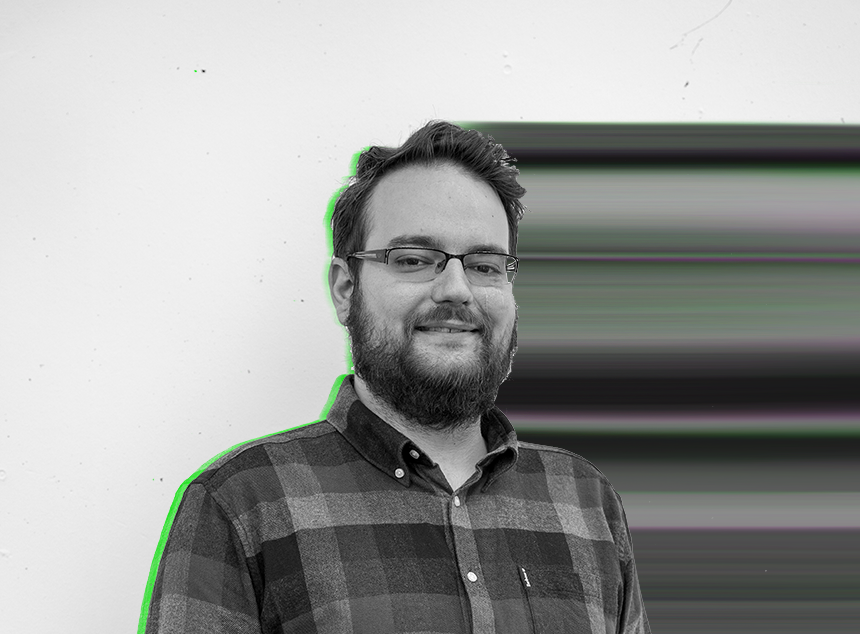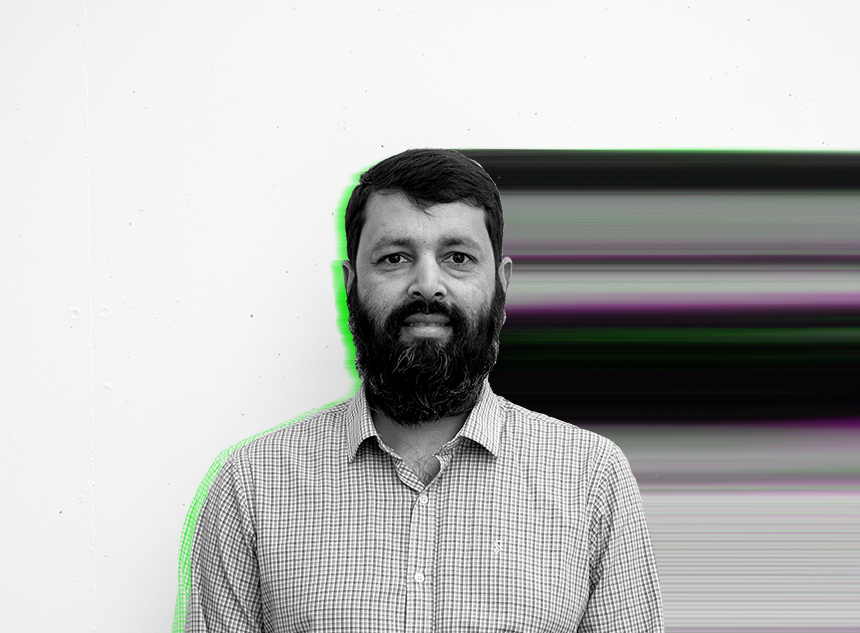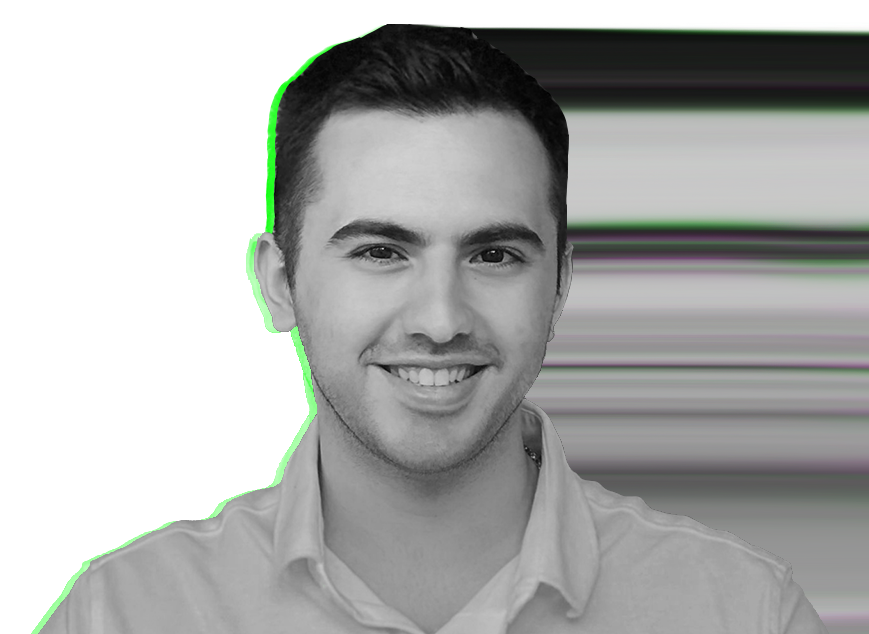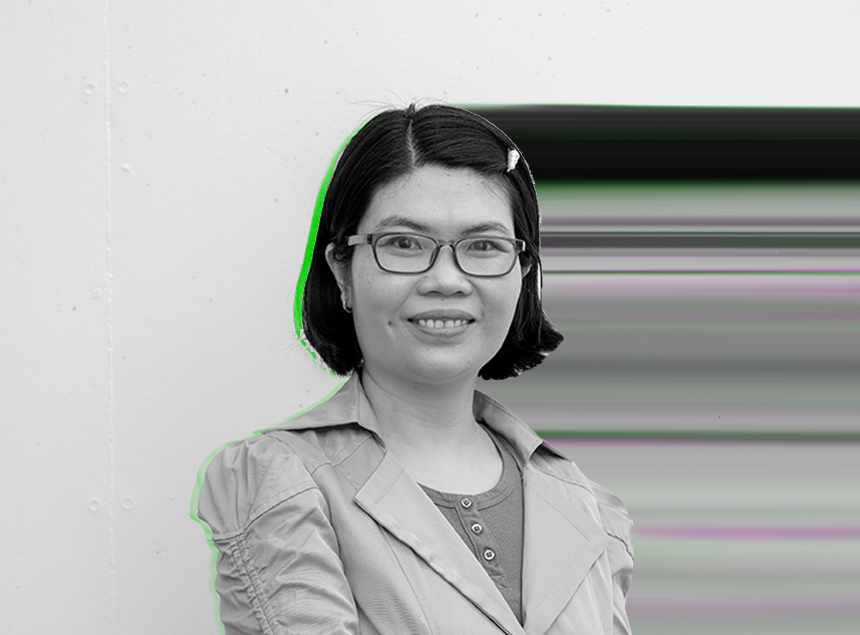The Quantum Computing and Technologies Department (QCT) at LRZ is a talented international team of computer science and quantum physics specialists researching, advancing and providing quantum computing technologies for local and international advanced computing communities. The QCT team provides scientific users with a broad portfolio of quantum resources and services, including quantum simulators, remote access to quantum hardware, on-premise quantum systems, development environment tools, scientific consultancy, and education/training. A main focus of this team is the research and development of integration pathways for quantum acceleration capabilities for next-generation high-performance computing (HPC) systems. Read more at quantum.lrz.de.
The Q-Crew
Our LRZ Q-Crew is in the driver’s seat developing and providing new tools and methods, working with cutting-edge hardware technologies; and developing the Munich Quantum Software Stack including programming models, OS, compilers and abstraction layers for multiple quantum technologies based on superconducting, neutral and ion qubits. They are pivotal for building unique solutions merging quantum and HPC workflows, advancing the community's research capabilities, and in propelling Bavaria as a global quantum hotspot pushing the boundaries of innovative scientific discoveries achievable with quantum-accelerated computing.
Meet the Team
Here are just a few of our team members below. Get to know them and the important work they do,
1. What is your career experience and how did you come to the field of HPCQC?
I’m a physicist/mathematician (it depends on your philosophy which of the two I am) by training. I’ve always liked playing around with computers and technology, which is what led me to LRZ after graduating, where at first I worked on containerization in the operations department. When LRZ’s Quantum Computing and Technologies department was founded it seemed like a natural fit for me to join it, given that my background is in quantum information theory.
2. What is your job on the Q-Crew? How do you explain it to family and friends?
I am the Access and Research Resources Manager. This means that I control most of the infrastructure of our quantum services, and researchers who are interested in using these resources typically go through me and consult me about our available services and what makes sense for their projects. Naturally, there’s always a bit of troubleshooting coming up, too.
3. What’s interesting for you about HPCQC? What has surprised you most?
I like the interplay of high-end computing infrastructure, which is a somewhat established technology, and quantum computing infrastructure, which is very new and still an object of research itself. And I find it very interesting to see how researchers plan ahead to tackle problems which are not relevant yet, but are expected to rise in importance in the future.
4. How much do you understand the theories behind quantum computing? How much do you need to know for your job?
My PhD research was in quantum information theory. My research focused more on communication than on computation, so I am not an expert on QC, but I have a decent understanding of quantum mechanics and quantum computation. It certainly does not hurt to have this understanding when we consult scientists, but it wouldn’t be a must for a big chunk of the work that I’m doing.
5. What motivates you at work?
Knowing that we are serving quantum research and starting to give the community access to systems that were really out of reach just a couple years ago, when I worked in quantum info research.
6. What is important to you for being on a team?
Mutual respect, as it’s a necessary condition for all things that improve teamwork experience.
7. What do you enjoy doing outside of work?
A few of my hobbies are quite stereotypical: I solve Rubik’s Cubes competitively and I enjoy speedrunning video games. I’m also bit of a nerd about anything you can eat, drink, or watch in a cinema. However, my most cherished hobby is probably karate, which I picked up as a 6 year old and have practiced ever since, with a somewhat extended break during my university years.
8. From the past, present and future: Who would you like to talk to and what about?
From the past: Emma Goldman – about 1917, the 1920s, Spain, and equality.
From the present: Noam Chomsky – about power and about language.
From the future: anyone who can tell me how (if at all) our societies will manage to deal with the ongoing climate crisis
1. What is your career experience and how did you come to the field of HPCQC?
I have been working in HPC for 6 years. I came to know about HPCQC integration through LRZ and decided to join the quantum team at LRZ.
2. What is your job on the Q-Crew? How do you explain it to family and friends?
I work as a researcher in HPCQC integration to develop a software stack for HPCQC. In simple words, I am developing software that can enable quantum computers to work together with supercomputers.
3. What’s interesting for you about HPCQC? What has surprised you most?
The idea of HPCQC integration is intuitive and is an emerging field that can shape the future of supercomputing. What surprised me the most is that a number of technologies can be used to build a quantum computer.
4. How much do you understand the theories behind quantum computing? How much do you need to know for your job?
I am new to quantum computing and have a beginner level knowledge about the theories behind it. A beginner level know-how is enough to do my job at the moment but more would be needed as the field emerges and domain specific knowledge would play an important role in a more optimal design.
5. What motivates you at work?
One is the rapid advances in the quantum computing technology and its journey towards the quantum advantage. The other is breaking down the goal into smaller tasks and achieving them keeps me motivated.
6. What is important to you for being on a team?
A common goal and open communication among the team to achieve it.
7. What do you enjoy doing outside of work?
I enjoy playing cricket, road trips and walks/hike in nature.
8. From the past, present and future: Who would you like to talk to and what about?
In the future, I would like to talk to domain scientists from various fields of science about the possibilities to use quantum computing for scientific computations.
1. What is your career experience and how did you come to the field of HPCQC?
During my bachelor studies I was interested in artificial intelligence, machine learning and robotics. In the second semester of my master's program at TUM, I took an introductory course in quantum computing and was immediately fascinated by this field and its potential. I also felt that this was an area where I could best apply my skills and previous experience, and after that I tried to build my career in QC.
2. What is your job on the Q-Crew? How do you explain it to family and friends?
On the Q-Crew, I’m a researcher in quantum applications and HPCQC integration. For my friends and family, I would sum it up by saying that I am one of the people at LRZ responsible for enabling people to use quantum computers. To make this possible, HPC systems need to be integrated with QC, and so we are trying to develop efficient strategies for integration in HPCQC.
3. What’s interesting for you about HPCQC? What has surprised you most?
I was fascinated by the many different ways one can go about performing the same quantum task on different hardware. While I was working on the algorithmic side, I had not spent much time understanding what happens in the background, during compilation and execution of the circuit on a physical device. Exploring this area is a pretty exciting task for me.
4. How much do you understand the theories behind quantum computing? How much do you need to know for your job?
I would say I am comfortable with the majority of the theory. But QC is a field of endless research, so I always try not to settle for what I already understand, and am constantly reading and talking to people to find something I might have missed. I wouldn't say that theory is the most important parameter in day-to-day work, but I think it's an important prerequisite for building something solid in the long run.
5. (Pick 1) What inspires you? OR What motivates you at work?
I am excited about the possibilities and the "youth" of this field. I feel like we are at the beginning of a new era, and it's up to researchers and industry to turn these ideas into reality. And the thought of being a part of that motivates me.
6. What is important to you for being on a team?
For me, the key thing is the communication. I believe in continuous learning, so, sharing knowledge and helping each other on a team is very important to me.
7. What do you enjoy doing outside of work?
I like doing sports outdoors on a good weather, especially football or basketball. I also love to play chess.
8. From the past, present and future: Who would you like to talk to and what about?
I would have liked to talk to Descartes about free will. If I can also invite a guest, Leibniz could also contribute a lot to the conversation, and I can let him know that I am working in a place that carries on his legacy.
1. What is your career experience and how did you come to the field of HPCQC?
I have a degree in software engineering and I have a lot of career experience with front-end website development.
2. What is your job on the Q-Crew? How do you explain it to family and friends?
I am responsible for the development of cloud-based quantum access portal. This portal allows for access to quantum systems and later, to HPC systems connected with quantum systems.
3. What’s interesting for you about HPCQC? What has surprised you most?
I think quantum-accelerated HPC will have a great impact on the future.
4. How much do you understand the theories behind quantum computing? How much do you need to know for your job?
Not much. I connect users to the quantum systems. They need to understand the theories.
5. (Pick 1) What inspires you? OR What motivates you at work?
I strive to be constantly build on my skills and to keep challenging myself with bigger and more complex projects.
6. What is important to you for being on a team?
The important thing to me is having a good working environment and good relationships with other colleagues.
7. What do you enjoy doing outside of work?
Travelling around the world!
8. From the past, present and future: Who would you like to talk to and what about?
I really like talking to my husband about pretty much everything.



